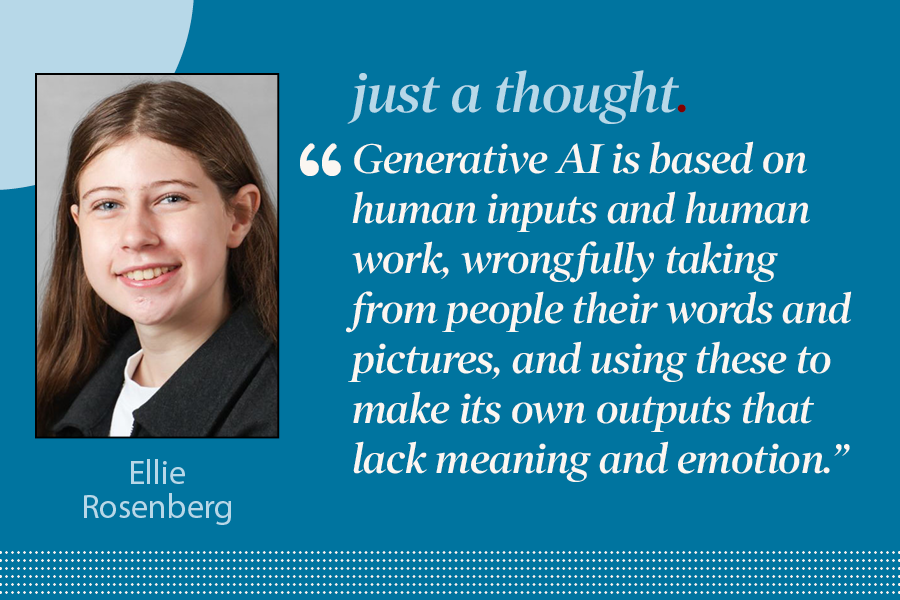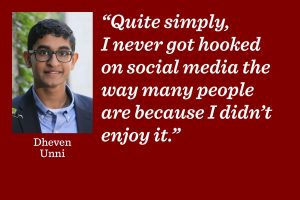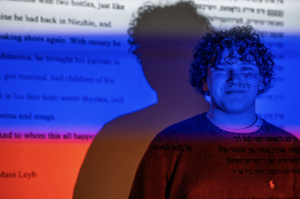Expert warns against sharing on social media
May 10, 2018
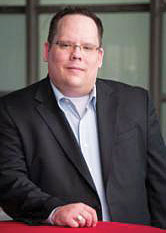
Multiple platforms of social media. Cambridge Analytica hacks. Targeted personal ads. In the age of online scrutiny, consumers are rethinking what they should share on social media.
Louis McHugh has done extensive research on cyber warfare and security as well as data networking and communications. He is the director of information technology at Illinois Institute of Technology’s School of Applied Technology as well as an adjunct associate industry professor on information technology and management.
In an interview with the Midway, Mr. McHugh talked about how companies and organizations use users’ data for targeted advertising. He talked about sharing information on social media and how to safely use Facebook. Responses have been edited for length and clarity.
Why would you say it’s dangerous for Facebook and other social media outlets to be sharing your information in general and specifically for targeting ads?
From a privacy standpoint it’s hugely dangerous. The example I use in a lot of my classes is those little surveys you fill out on Facebook — you know, they’ll ask you targeting questions that you really don’t think about when you’re answering them. They’ll ask you ‘What is your mother’s maiden name?’ ‘What city were you born in?’ ‘What is your father’s middle name?’
What they are is password reset questions in some cases. So if I know your name and I know your email I could possibly reset your credit card password or your bank password because of the information you filled out from the survey for that app … So from a privacy standpoint it’s a huge deal because it makes you more vulnerable to identity theft, to people using your credit cards, etc. …
If we scale this up even higher, to a political campaign, you have the gubernatorial race going on here in Illinois between J.B. Pritzker and the incumbent (Bruce) Rauner. I am able to drive ads specifically targeting people that might vote for J.B. Pritzker and point out all the negative things about Pritzker, and I’m only getting those types of negative ads to people voting for Pritzker trying to sway them to vote for Rauner or vice versa. You might actually be able to affect the outcome of an election. Think about how powerful that is — if you can put your person in office.
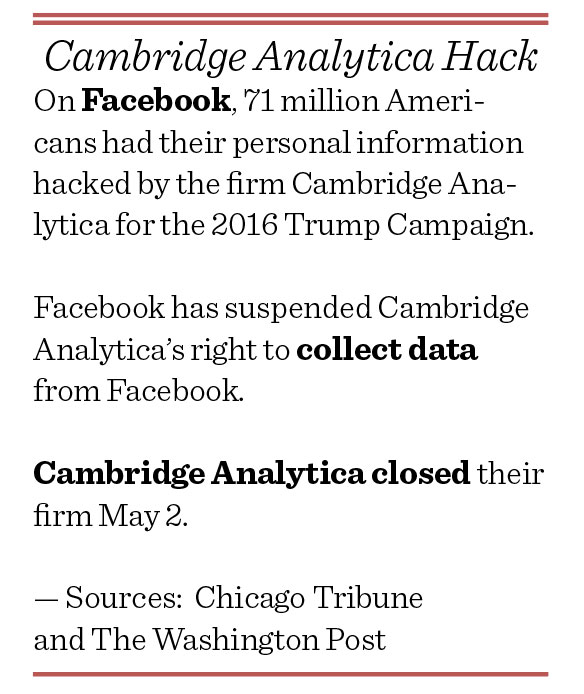
What do you think students should be putting out their on social media and what do you think they should refrain from sharing?
You want to control what you’re putting out there, you want to limit the amount of email addresses that you make public. I literally have a junk email address and I have a personal email address and I have a business email address and I have a school email address. That’s a lot of email addresses, but I’m able to find my accounts.
You just want to control the amounts of personal information. Lots of students don’t realize like … when you post on those websites, they literally will put the setting of your posting. Right now I’m in Michigan at a conference and if I posted it would post the city that I am currently at, and that could be a security vulnerability because everyone would know that I am out of town, I am not in Chicago right now.
Another thing about posting pictures, which is a little bit of a legacy type, in the past you can turn it off on iPhone and Android, but an Android you physically have to turn it off, but if you post a picture on your Facebook account I can download that picture and it has geocaching in it and it just gave me the longitude and latitude of where that picture was. Well, what if I’m somebody who’s upset at you and at the time I didn’t know where you lived but now by posting that picture on Facebook and it looks like your bedroom, I now have the longitude and latitude of where that picture was taken so I might be able to derive where your home is, unfortunately.
What are you willing to share and what are you willing to make public?
Last night was the NFL draft. A young man who’s one of the top quarterbacks was being drafted. His name was Josh Allen. Well they found some tweets from 2013, 2012 — well it’s 2018, this was before he was even in college, he was in high school — using some derogatory, racial terms. Well, those are the other things students don’t think about including high school, college students.
Those things that you put on social media could affect you 20 years from now, 10 years from now, because they never go away, so you have to control what you’re sharing. Unfortunately college students aren’t going to be cognitive of what they’re posting on Facebook, and that could affect you when you’re in your forties and you’re trying to run for political office.
Do you think people should stop using Facebook and these other social media outlets or how should they change the way they’re using them to better protect themselves?
Limit what you’re willing to put out there. Are you willing to let the whole world have access to what you’re putting out there? You have to be cognitive of what you’re sharing. You probably don’t want to put your whole date of birth out there. I don’t do that because that’s a very personal identity marker… you just got to be cognitive of ‘What am I sharing and how can this be used for nefarious purposes?’

















